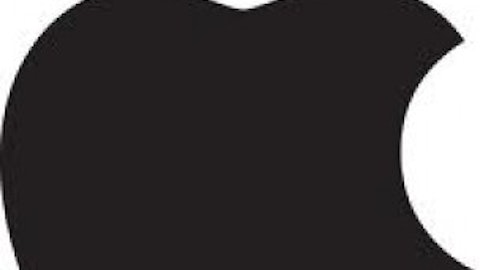
Lessons learned from Vista
Obviously, Microsoft would love to reach 2004 levels, which began to drop with the release of Vista. The company began to climb its way back up with Windows 7, so, as the company announced the release of Windows 8, it was understandable that investors met the news with trepidation.
After all, just before Windows 8’s release, Microsoft Corporation (NASDAQ:MSFT) shares dropped approximately 10% — a decline that happened in less than a month. Investors, hopeful that a new product would bring an increase in revenue, may have been eager to get in on the ground floor of an exciting new product.
But, those investors wouldn’t have done their research. History shows that Microsoft stocks actually drop following the release of a new operating system. Vista’s 9.6% drop was actually less of a drop than the 10.1% decline that happened after the release of Windows 98. But, even the release of Windows 95 and XP — both of which went on to become extremely popular Microsoft Corporation (NASDAQ:MSFT) operating systems — weren’t without share price declines just after the release.
Microsoft Windows 8 increase
For savvy investors, it came as no surprise when Microsoft Corporation (NASDAQ:MSFT)’s stock began to fall as release day neared. Earnings were down, as well, but this was likely related to consumers delaying purchase of new PCs that contained the soon-to-be-outdated Microsoft 7 operating system.
It’s not unusual for consumers to avoid purchasing technology in the days leading up to the release of a newer model. And with new PCs and laptops lasting longer than ever, anyone purchasing a PC today knows they’ll likely be stuck with that operating system for at least four or five years, maybe longer.
By December of last year, things weren’t looking very bright for Microsoft. Google Inc (NASDAQ:GOOG)‘s Android operating system seemed to be taking over phones and tablets across the world. Microsoft Corporation (NASDAQ:MSFT) countered with its Surface tablet, but Google is still leaving both Apple and Microsoft behind when it comes to tablet sales.
Tablets powered by the Google Inc (NASDAQ:GOOG) O/S are now outselling competitors thanks to inexpensive alternatives like Google’s Nexus and the Kindle Fire. This year, devices powered by Google are expected to claim nearly half of the market — last year, Apple Inc. (NASDAQ:AAPL) held 51% of the market, with Google still holding an impressive 46%.
As a result of its innovation, Google Inc (NASDAQ:GOOG)’s first-quarter earnings were up $1.19 a share from last year. Revenue is on the rise, as well, with the company earning 31% more in its first quarter than the same quarter last year.
Hope for Microsoft
Microsoft, meanwhile, enjoyed a 23% hike in sales in the first quarter of 2013, attributed primarily to the success of Windows 8. The company has high hopes for Office 365, which grants users the ability to pay a monthly fee for Office products, complete with Cloud access. The company anticipates that Office 365 will bring in at least a billion dollars in revenue in 2013, which has definitely lifted Microsoft’s hopes.
Apple’s stock isn’t faring well lately, having recently fallen below $400 a share. As if to prove its resilience, however, the company saw a 1.3% increase a week later, with shares resting comfortably at around $414.
While many expected Microsoft Corporation (NASDAQ:MSFT) might eventually win out in the Microsoft-Apple war, Google’s continued success may eventually catapult that company to the top. One thing is clear to analysts and IT experts alike: to continue remain competitive in its industry, Microsoft must embrace the tablet market. With PCs sales continuing to slump, it’s clear that mobile devices are where the consumer market is going.
The article Is Microsoft Moving in the Right Direction? originally appeared on Fool.com and is written by Stephanie Faris.
Copyright © 1995 – 2013 The Motley Fool, LLC. All rights reserved. The Motley Fool has a disclosure policy.
